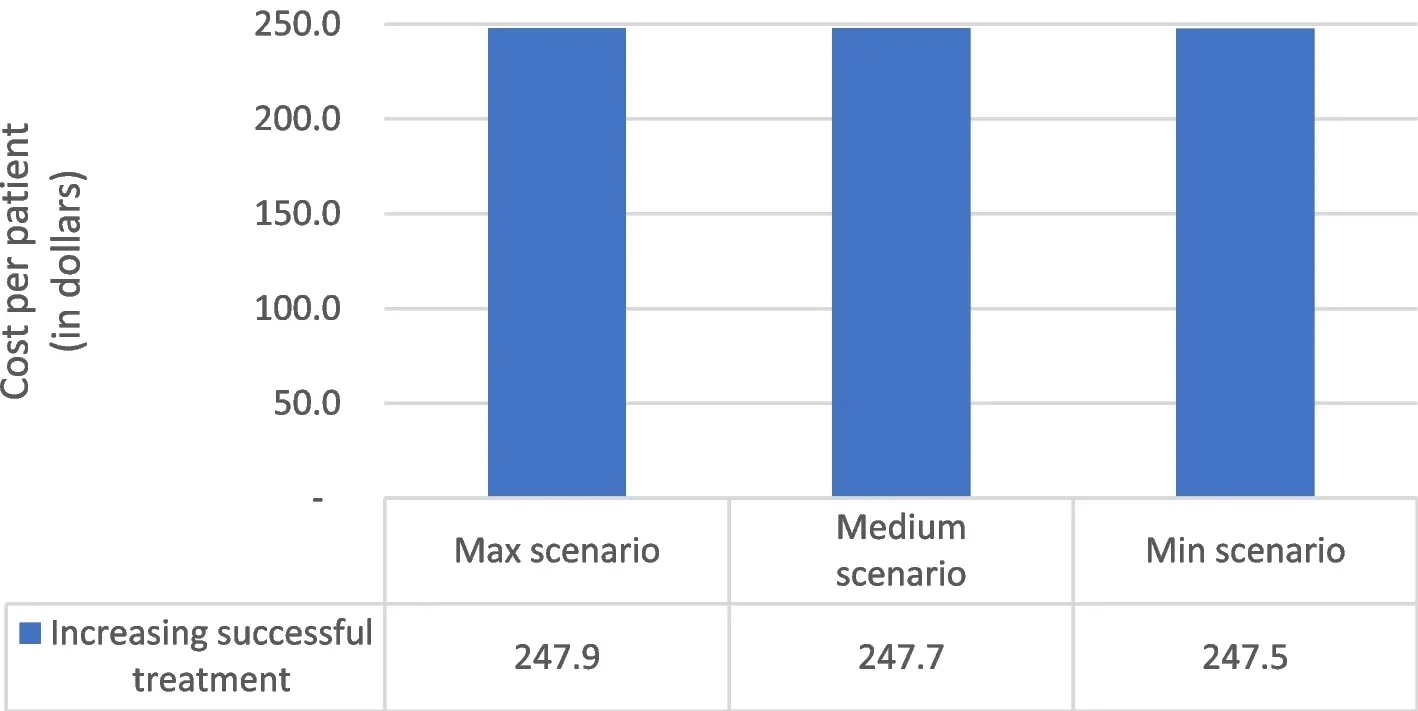
Introduction
Tuberculosis (TB) remains a significant public health challenge globally, particularly in low- and middle-income countries. Effective TB control requires not only robust clinical interventions but also efficient health financing mechanisms. Traditional payment models, such as fixed capitation payments, often fall short in addressing the complexities and costs associated with TB diagnosis and treatment. Despite 88.6% National Health Insurance (NHI) scheme (Jaminan Kesehatan Nasional) coverage, 38.4% of TB-affected households face catastrophic costs, with out-of-pocket spending exceeding 20% of income due to high TB service expenses, over-referrals to hospitals, and gaps in coverage.
Financial Impact Analysis
Experts developed a budget impact model to assess the cost-effectiveness of strategic purchasing in improving TB reporting and treatment success rates. The model predicts a substantial increase in TB reporting by 63% and successful treatments by 64% under strategic purchasing. Consequently, this would lead to a 60% rise in total spending on TB care. Yet, the cost per patient is expected to drop by 3% with care shifting to cost-effective primary healthcare settings, reflecting increased diagnostic costs.
Results and Implications
The analysis indicates that while strategic purchasing may initially raise overall spending on TB care, it can significantly enhance TB care in Indonesia. By identifying more cases, treating them more effectively, and consequently reducing the cost per patient, strategic purchasing offers a promising avenue for improving TB care delivery. The model projects a 64% surge in TB case notifications and a 64.5% boost in successful treatment under strategic purchasing, thereby leading to advancement of cost-effective care and improving health outcomes.



Conclusion
In conclusion, strategic purchasing presents a viable strategy to address Indonesia’s TB burden effectively. By incentivising primary healthcare providers and promoting efficient care, this approach transforms TB accessibility, treatment effectiveness, and cost-efficiency. Furthermore, the financial analysis emphasises strategic purchasing benefits, stressing aligning incentives with quality care for sustainable TB control strategies.
